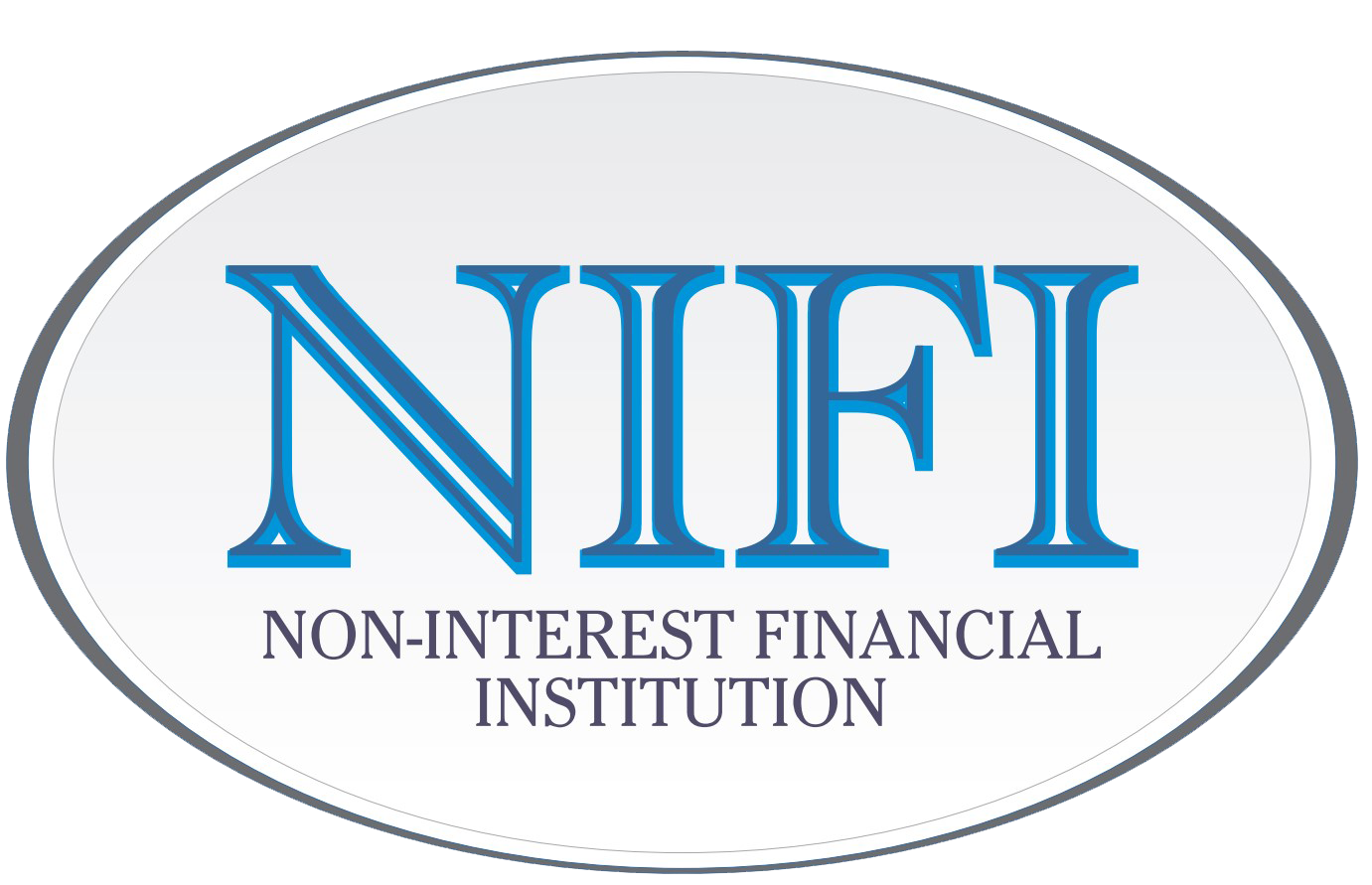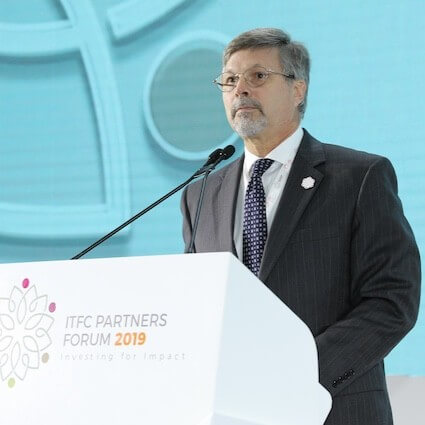Every day, millions go hungry while tons of food are lost or wasted. That’s a painful paradox. When food disappears somewhere along the supply chain or is thrown away, that’s not just lost dinner, it’s lost opportunity, lost wealth, and lost hope.
Globally, about 13.2% of food is lost between harvest and retail and around 19% is wasted in households, retail, and food services (FAO/UN, 2023). That’s enough food to feed whole communities, yet here in Nigeria, food insecurity remains a daily, hard reality. On the Global Hunger Index 2023, Nigeria ranks 109th out of 125 countries (Global Hunger Index), showing how deep the challenge is.
At the Alternative Bank, we believe this can be changed. We launched our Alternative Food Bank Initiative with purpose and a belief that finance and goodwill can partner to make a difference. Let us walk you through the why, the how, and what we can do together.
International Day of Awareness of Food Loss and Waste – Why this day matters (and why food loss & waste should matter to you)
There’s a special day, the International Day of Awareness of Food Loss and Waste, that reminds us that waste is not just about trash. It’s about culture, systems, equity, and sustainability.
Food loss and waste represent:
- Lost resources: water, land, fertilizer, labour; all invested in food that never becomes nourishment
- Environmental cost: decomposing waste emits greenhouse gases; wasted food adds to climate stress (UNEP Food Waste Index Report 2024)
- Economic cost: when crops perish before reaching markets, farmers lose income
- Human cost: while food spoils, millions still go to bed hungry
In Nigeria, many households spend a large portion of income on food. According to the National Bureau of Statistics (NBS), food inflation stood at 31.5% in August 2024 (NBS Report), and with average Nigerian households spending over 56% of their income on food (World Bank, 2022), waste becomes an even bigger problem.
The Alternative Food Bank Initiative: Our Mission, Approach, and Impact
When we designed the Alt Food Bank, we asked: how can a financial institution drive change in this space and do it in a way that’s sustainable, ethical, and effective? These are some of the guiding principles that help us do this:
- Dignity first: beneficiaries are partners, not statistics
- Data-driven targeting: we focus resources where the need is deepest
- Partnership over duplication: we work with existing food vendors, NGOs, and community networks
- Sustainability & scale: we aim for consistent support, not one-off charity
What Does This Look Like Practically?
- Identify vulnerable communities : We use poverty maps, food security indices, and local NGO intelligence to find places where people are at risk, urban slums, rural areas, IDP camps, etc.
- Food vouchers + merchant partnerships : Rather than delivering only cooked meals, we distribute vouchers redeemable at trusted food vendors. This preserves dignity and ensures funds stay local.
- Cooked meals & grocery distribution : In places with limited vendor access, we distribute prepared meals and essential groceries.
- Scale via partnerships : We collaborate with NGOs, faith-based groups, and local governments to extend reach, share resources, and avoid redundant work.
Imagine a mother in a rural community, with no idea where tomorrow’s meal may come from. Through our food bank, she gets vouchers for a week’s worth of meals. That small relief gives her breathing space; she can focus on schooling, small business, or health instead of panic. We see kids get back to class, families regain energy, and communities strengthened.
What Can You Do? – How You Can Step In To Create Food Security
You don’t have to be a philanthropist or farmer to act. There are ways you can be a part of the change:
- Donate or support
Even small amounts help. The effect compounds when many join. - Volunteer time or skills
Logistics, outreach, teaching, fundraising; every skill helps. - Be mindful with your food
Plan meals, avoid overbuying
Store food properly
Use leftovers
Encourage your shopkeepers/markets to reduce waste - Share & spread awareness
Use your voice, social media, workplace, faith group to help others see the issue - Advocate for systemic change
Push for better cold chain logistics (storage and transport of temperature-sensitive goods, ensuring their quality and safety throughout the supply chain), improved distribution, and policies that help small farmers reduce post-harvest loss.
When Food Loss Decreases, Communities Rise
If we reduce food loss and waste by even a small percentage, the ripple effect is great: food becomes more available, incomes improve, and pressure on resources lessens.
Alternative Bank envisions a Nigeria where families aren’t forced to choose between food or school, where harvests don’t rot because of poor roads, where hunger’s shock doesn’t upend someone’s life. Our Alternative Food Bank Initiative is a part of that. The paradox of hunger amid surplus should unsettle all of us. But we can move from frustration to action.
Alternative Bank invites you, our partners, to join in. Learn more. Volunteer. Donate. Advocate. Or just start at home: waste less, share more.
Because finance is powerful. But the power of many people, doing little acts consistently, is even stronger.



